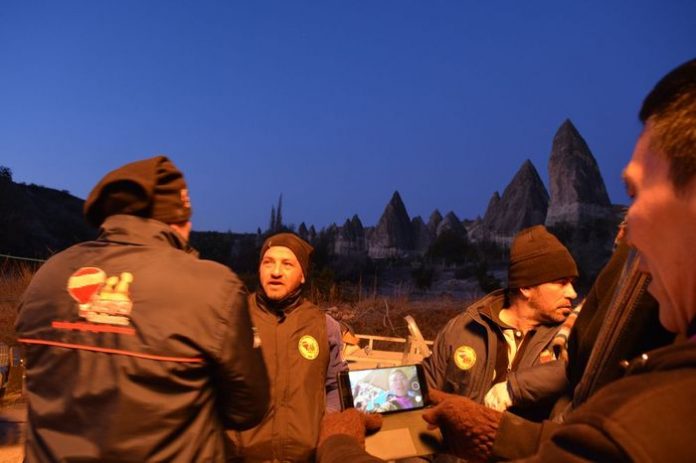In discussions with local authorities regarding the rampant lawlessness occurring within their jurisdiction, the responses are deeply concerning. Often, officials will either deny that these acts have taken place, labeling victims as liars, or they will admit, without hesitation, their inability to address these grievances or prevent future occurrences. Alternatively, they may question why victims do not report their complaints to the proper authorities.
The Fear of Retaliation
The answer to this question is straightforward: while many do attempt to voice their concerns where they can, fear often silences them. Most individuals understand that complaining is not only futile but could also be perilous. For example, what would be the point of reporting a grievance against Galib Bey of Tamboli to the Kaimakam, who appears nearly as intimidated by Galib Bey as the common people? This reflects a power dynamic that renders the authorities ineffective and leaves the victims in a precarious position Systematic Violence and Oppression in the Region.
A Climate of Terror
Moreover, the population is held in a state of perpetual fear, exacerbated by threats of further massacres from the Turks. Across the region, communities live in constant anxiety about the potential resurgence of the violent episodes witnessed in Batak, Otluk-kui, and Bazardjik. This fear is justified by the continued aggressive behavior of the Turks, leaving residents vulnerable and desperate.
In addition to the overarching climate of terror, countless individuals have narrowly escaped the massacres, but their suffering continues. Many have been pillaged, their homes burned, leaving them without shelter or the means to feed their families. The conditions for these displaced persons are dire; they lack basic necessities, including food and safe lodging Customized Tours Istanbul.
The Inaction of Authorities
Despite repeated assurances from Turkish authorities that aid would be distributed, that stolen livestock would be returned to their rightful owners, and that burnt villages would be rebuilt, no tangible actions have been taken. The promises remain unfulfilled, and the situation only worsens. Take the village of Klissura, for example. Once a thriving community, it was devastated by the actions of Tassun Bey.
The Consequences of Inaction
The consequences of this inaction are profound. The people of Klissura and similar villages are left to fend for themselves, abandoned by those who are supposed to protect them. The authorities, instead of stepping in to provide assistance and restore order, perpetuate a cycle of fear and hopelessness.
In conclusion, the situation is a grim testament to the failure of local authorities to uphold the law and protect their citizens. The fear of retaliation, coupled with the continuous threat of violence, leaves the population in a vulnerable state. It is essential for the international community to recognize these abuses and intervene to restore peace and security in the region. Without external pressure, the cycle of lawlessness and impunity is likely to continue, perpetuating the suffering of countless individuals.








